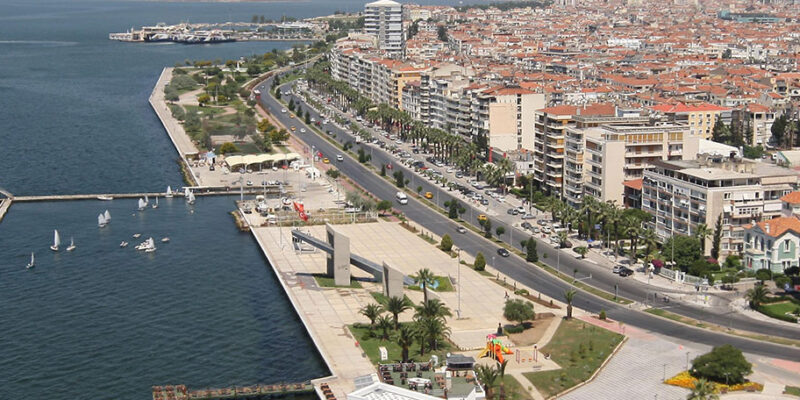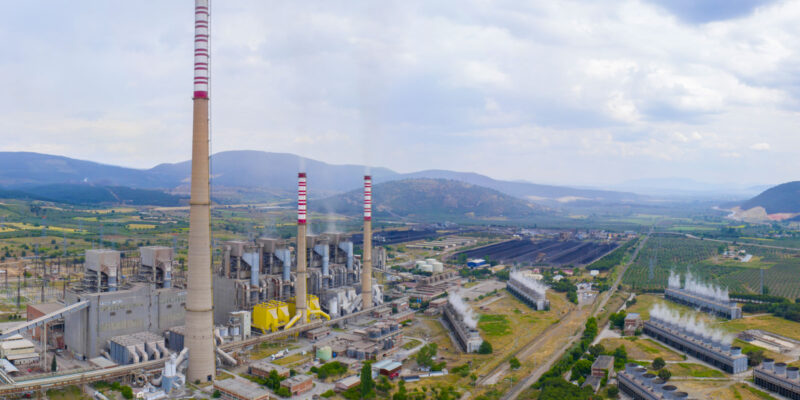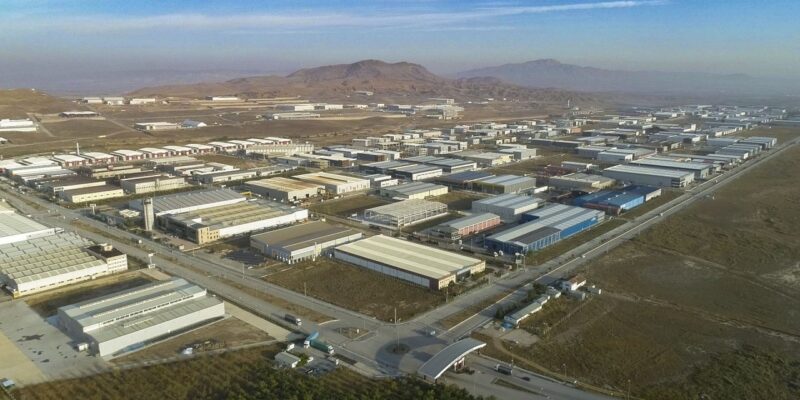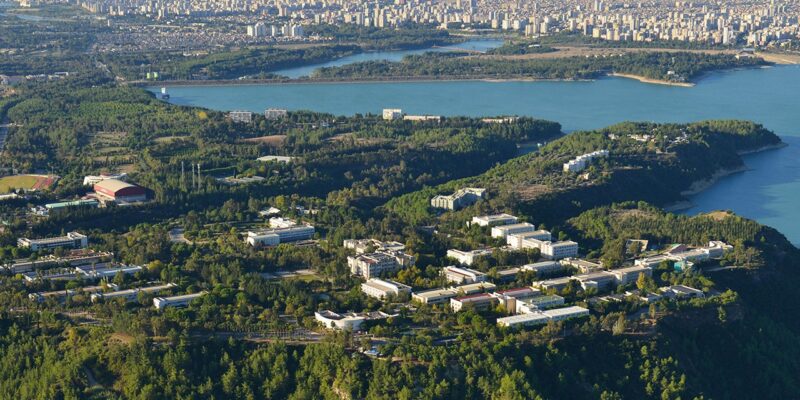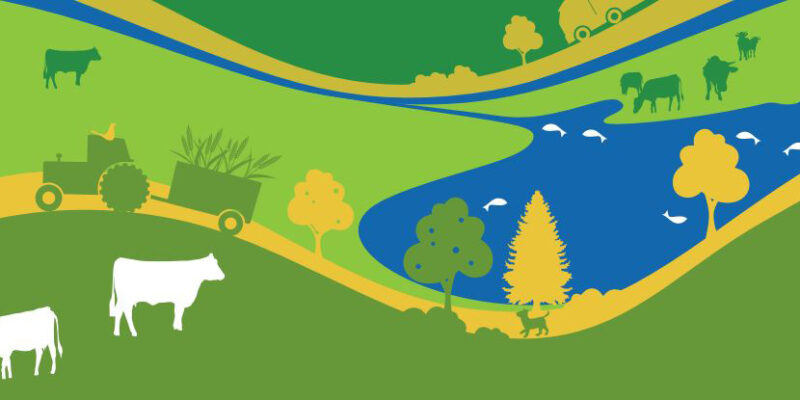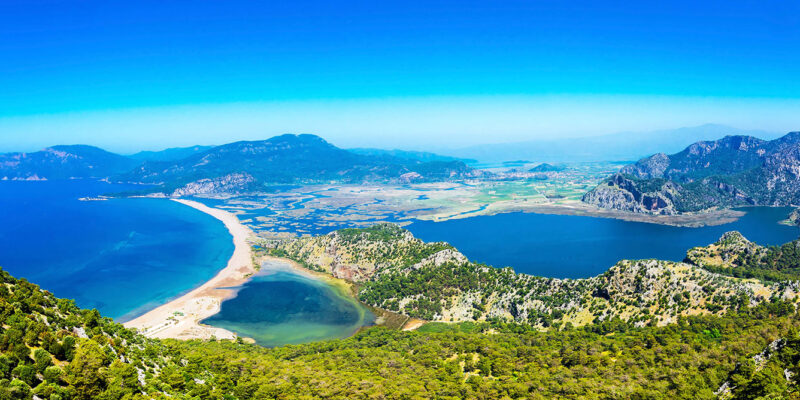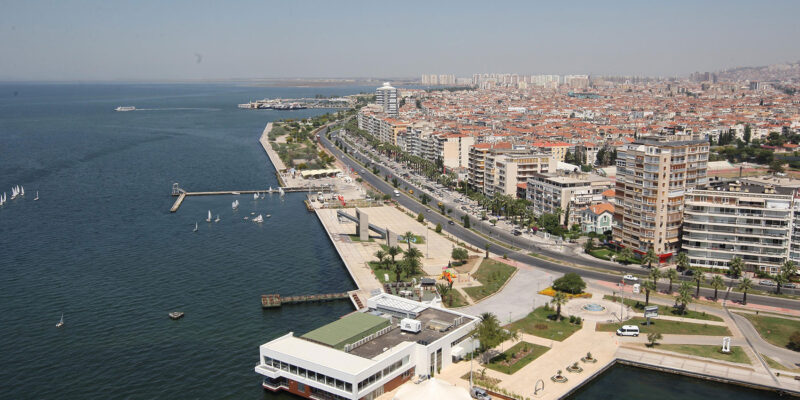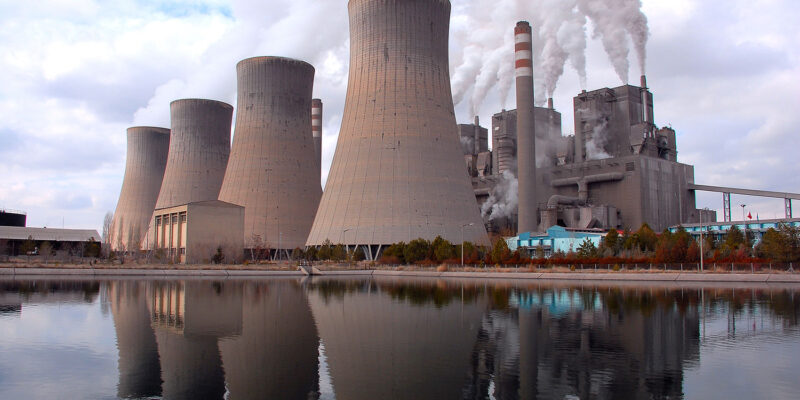The “Assessment & Prioritization of Smart Climate Change Mitigation Technologies for Turkish Cities” Project, supported by the UK Welfare Fund (UKSPF) and led by GTE as the consortium leader, was completed in 2017, and a Sustainable Energy and Climate Action Plan was prepared for Karsiyaka Municipality.
Within the scope of the project, the Evaluation and Prioritization of Reduction Technologies Workshop was held and various reduction technologies and suitable options for Karsiyaka Municipality were evaluated. In 2018, the “Greenhouse Gas Inventory and Climate Change Roadmap” document, which was prepared under the leadership of GTE and prepared for Karsiyaka Municipality, was published.
